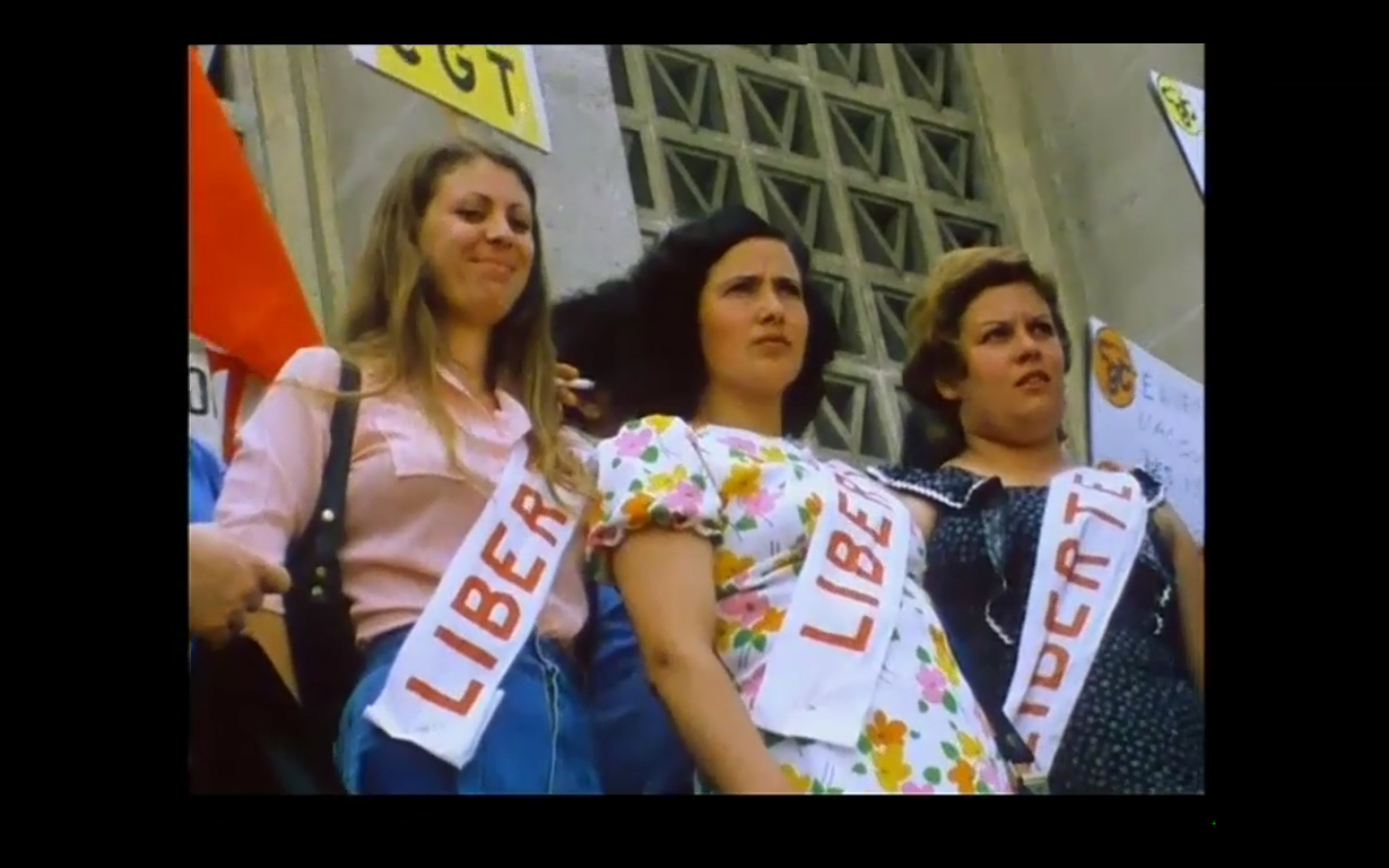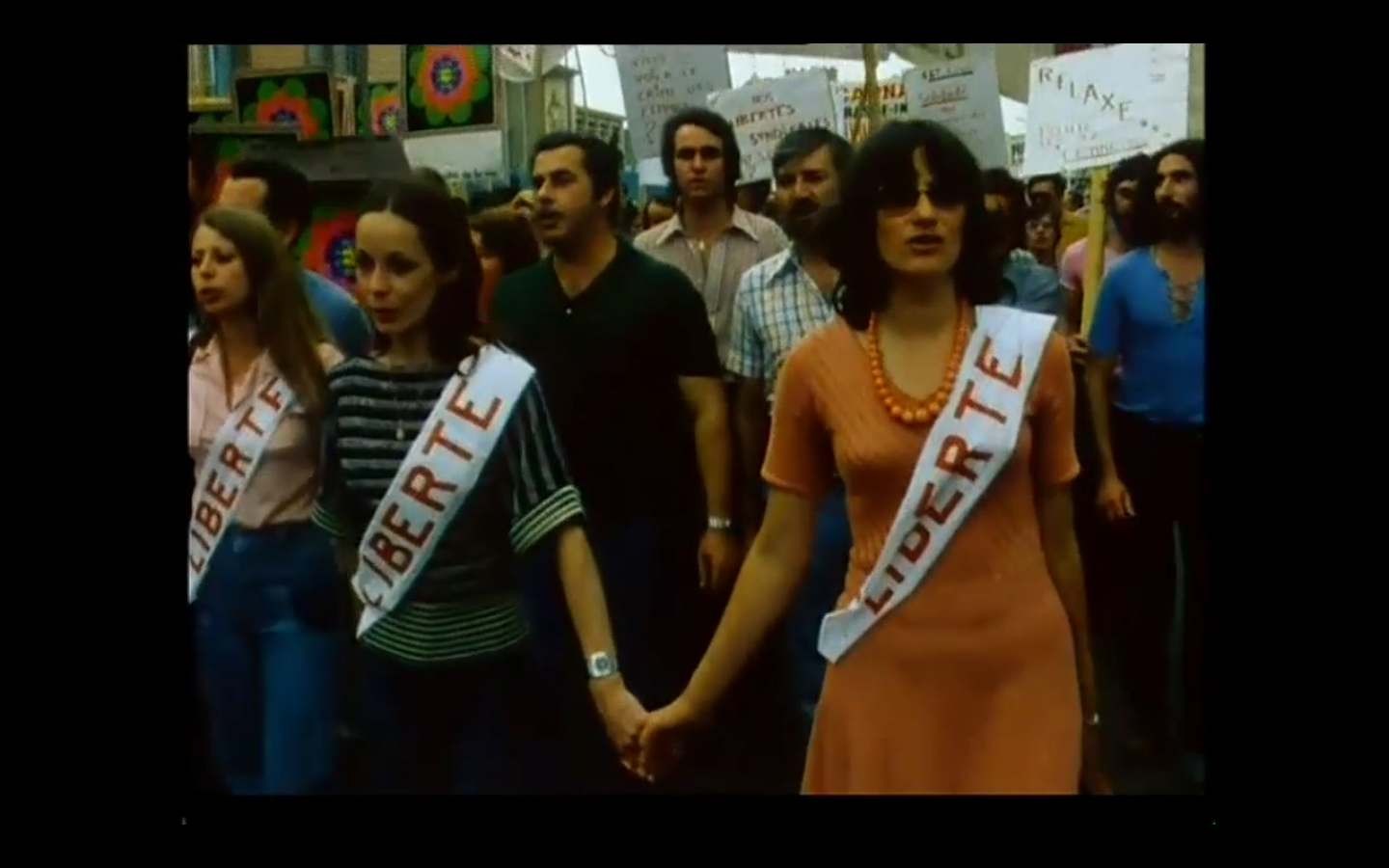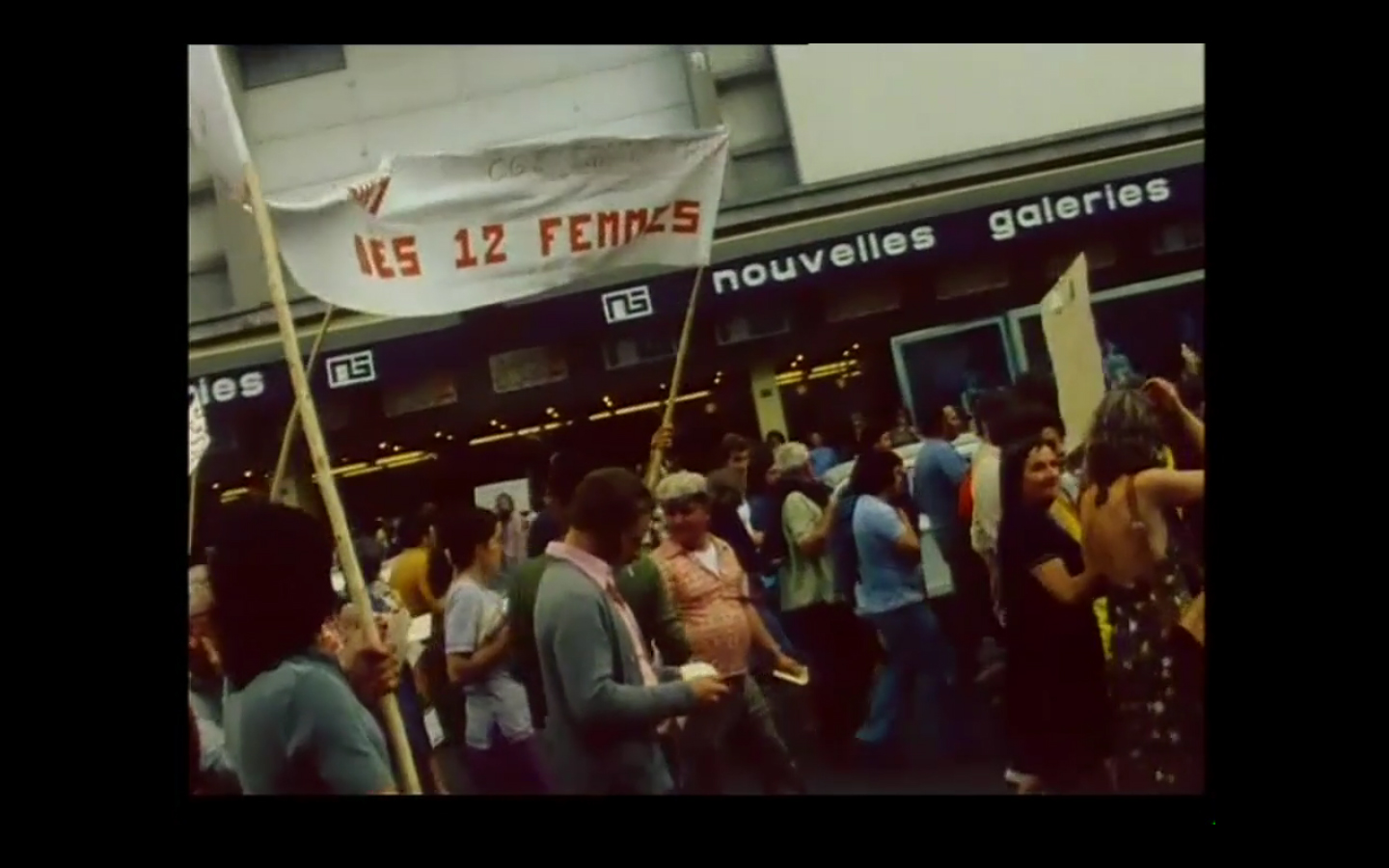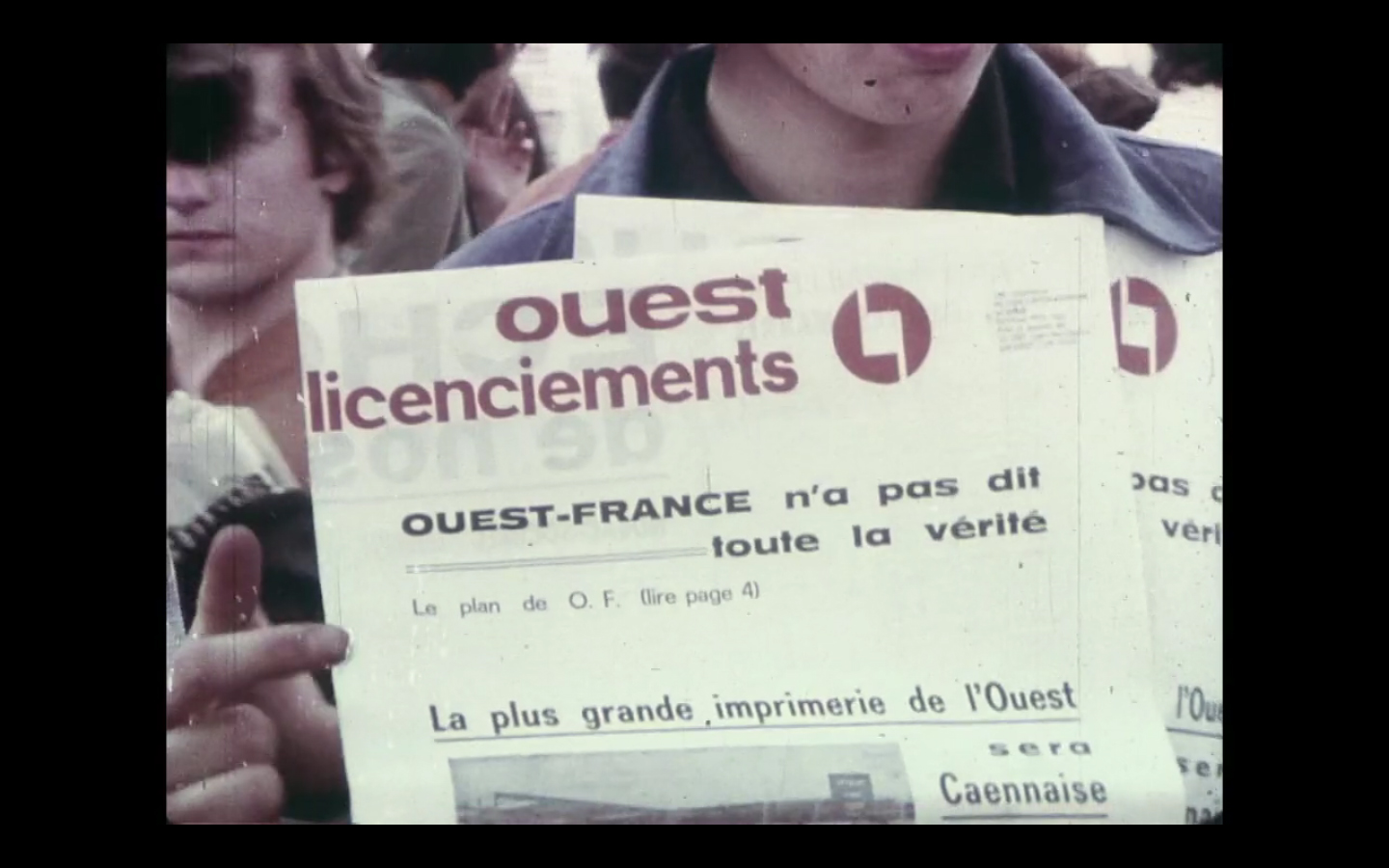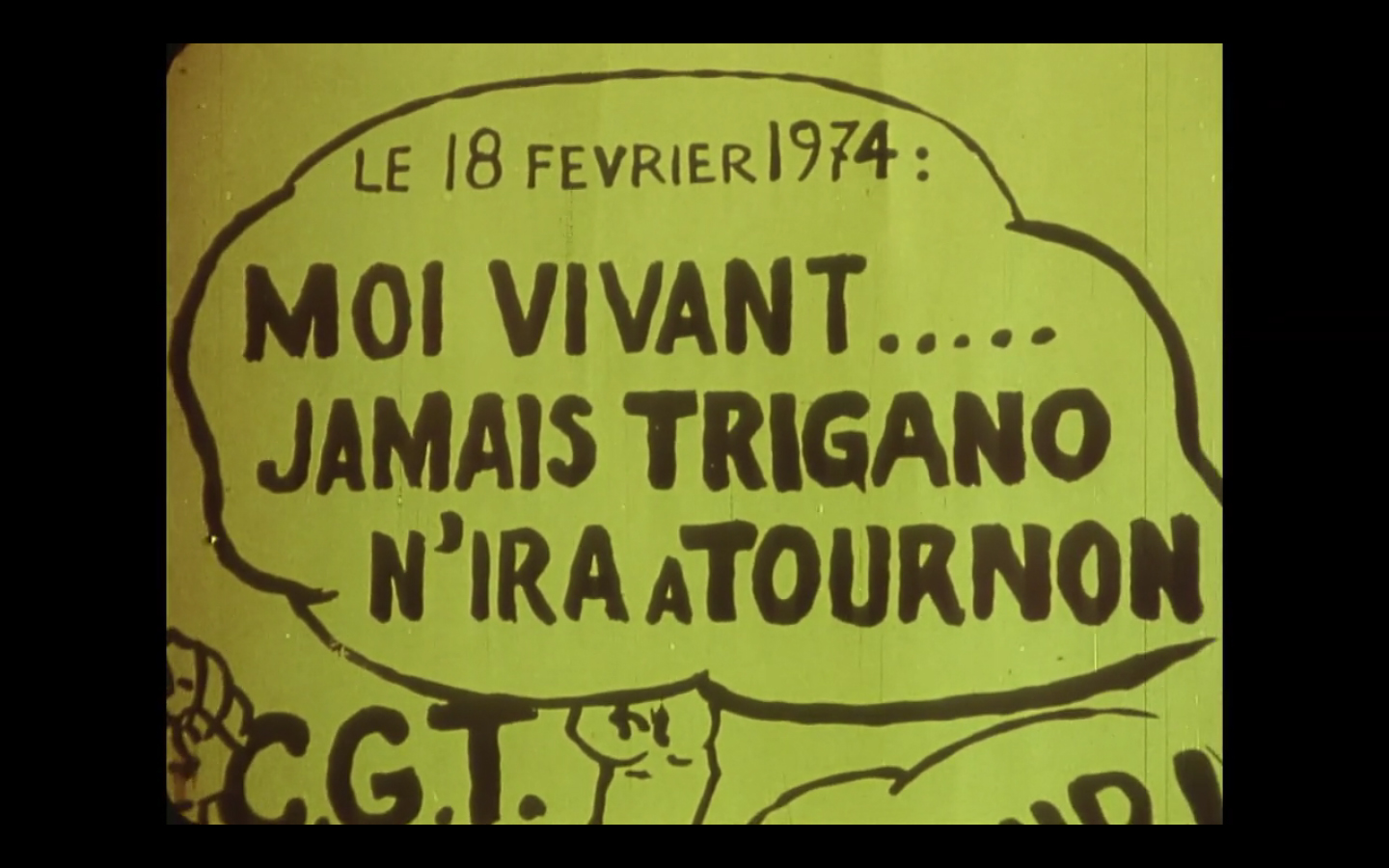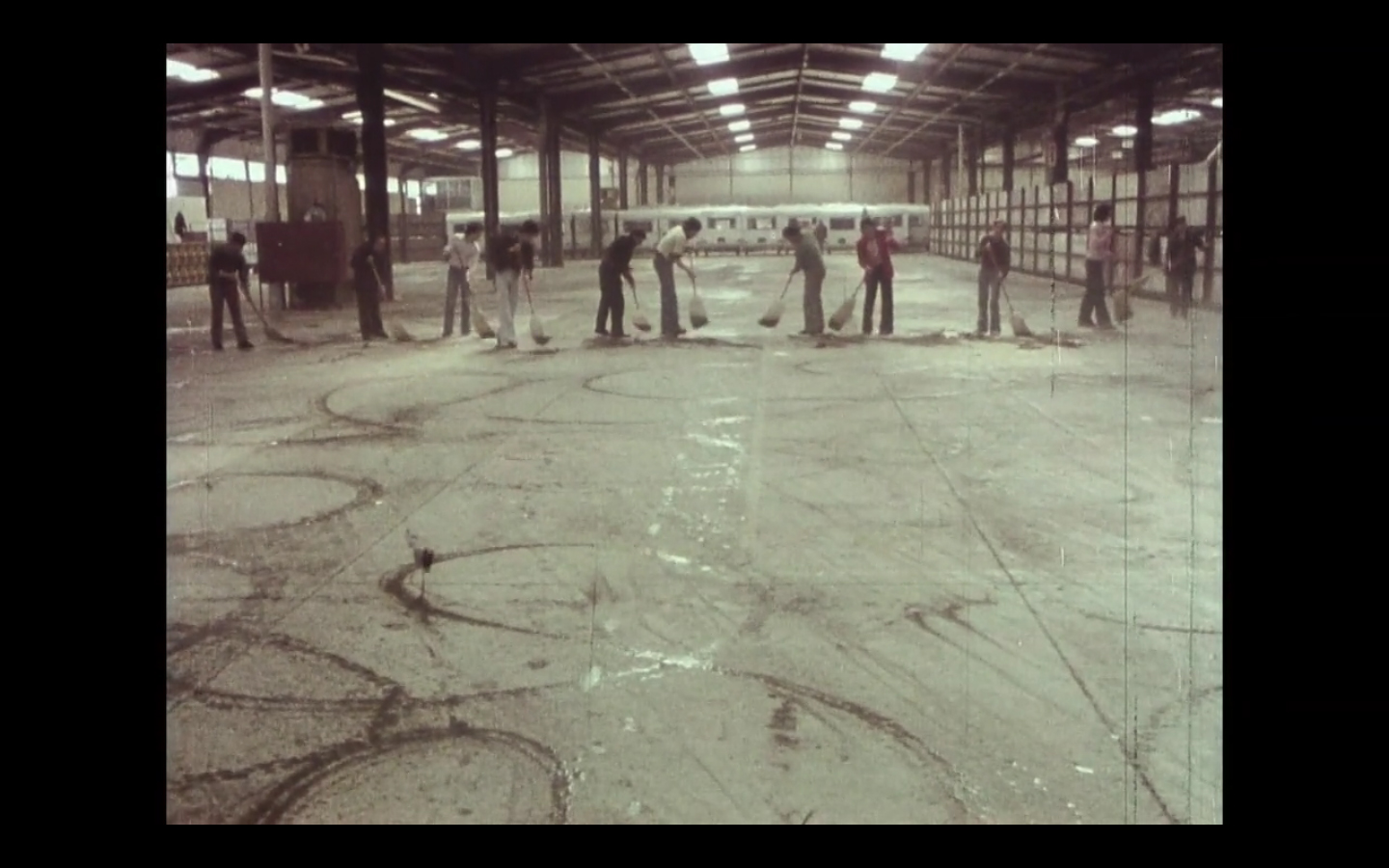Born in Camaret-sur-mer in Finistère, the filmmaker René Vautier made a name for himself at a very young age by diverting a commission from the French League for Education for a film celebrating France’s educational commitment in Africa. Considered as the first French anti-colonial film, Afrique 50 (1950), a brutal denunciation of colonial domination, was immediately seized, then banned and its author was sent to prison. In 1970, after a long period of engagement with the FLN and the Algerian revolution, he returned to France and settled in Brittany where he founded the UPCB (Unité de production cinématographique Bretagne), in order to continue “at home” his militant film work, adapted to Brittany considered as a colony and now turned towards workers’ struggles, environmental issues and the anti-racist struggle, with remarkable artistic, economic and broadcasting independence. He never ceases to fight for the freedom of expression of a political cinema, which goes through a hunger strike in 1973 against censorship, supported by part of French cinema. As part of the UPCB, he made two important films near Saint-Nazaire. Directed with Nicole le Garrec in 1975, Quand tu disais Valéry, produced by the Centre de Culture Populaire de Saint-Nazaire, tells the story of the workers’ strike at a caravan manufacturing plant in Trignac. Directed with Soazig Chappedelaine-Vautier, Quand les femmes ont pris la colère (1977), follows a group of women workers’ wives from a metallurgical factory in Couëron, prosecuted for invading the director’s office in order to obtain (successfully) their spouses’ demands. Alternating heroic episodes with more intimate portraits, this film is an opportunity to gather particularly dignified and moving testimonies at the crossroads of social and feminist considerations.
About René Vautier
Focus on an artist of the exhibition
Commented visits
Saturday July 13th, 2019
11:30 a.m.
Le Grand Café - contemporary art center
Focus on some artistic figures from the exhibition by our team of mediators at the Grand Café during a commented visit.
